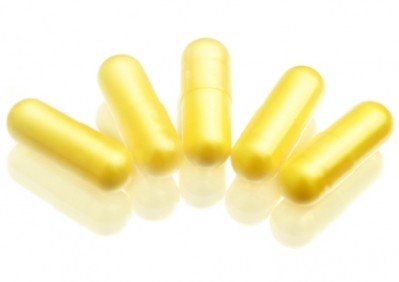FDA issues vitamin D infant ‘dropper’ warning
FDA spokesperson Siobhan DeLancey told NutraIngredients-USA.com that the warning was not sparked by any particular adverse events, rather it follows American Academy of Pediatrics (AAP) recommendations published in April.
These found breast-fed and partially breast-fed infants should not consume more than 400IU (international units) of vitamin D per day.
DeLancey emphasized that the warning was not an enforcement action but the potential for enforcement existed if manufacturers failed to alter their products so that it was clear 400IU was the recommended vitamin D maximum.
To this end, the FDA yesterday met with trade groups such as the Council for Responsible Nutrition and Natural Products Association, to urge them to urge their members to comply with the advisory. Letters had also been sent to manufacturers of the products in question.
“As many of these products do not require pre-market approval because they are classified as dietary supplements, we have reached out to the trade groups to help in the effort to make industry aware of this,” DeLancey said.
But no timeframes have been set for compliance.
The right D-ropper
While the warning is centered around the 400IU level, the droppers themselves – and their variations - are highlighted as being problematic.
The fact some droppers hold much more than 400IU of liquid means caregivers need to pay attention so that they are using the “right tool for the job” as Wouter Claerhout, the senior marketing manager in human nutrition and health for vitamin D supplier, DSM noted.
“We completely agree with the AAP recommendations and are not concerned with this warning,” he said.
The FDA wants manufacturers to only supply droppers that hold 400IU of fluid.
In its letter to them it stated: “FDA has concerns regarding any liquid vitamin D products that could deliver a significantly excessive amount of vitamin D. The concern is that the droppers can hold a considerably greater amount of liquid vitamin D than an infant should receive. This could lead to a parent inadvertently or mistakenly giving an unsafe amount of vitamin D to an infant.”
Continued use
Andrew Shao, PhD, the senior vice president of scientific and regulatory affairs at the Council for Responsible Nutrition said the trade group shared the FDA’s concern about inappropriate use of vitamin D droppers, while emphasizing the fact the warning had not been provoked by cases of overdosing.
“This particular issue is not related to specific cases of overdosing but rather complaints voiced by parents and/or caregivers regarding confusion over product instructions,” Shao said. “ We encourage all companies that sell liquid vitamin D products to review carefully their droppers and instructions and make sure both can be clearly understood by consumers to avoid confusion.”
“We also encourage consumers to continue using their liquid vitamin D products to help ensure their infants are reaching adequate vitamin D levels. We already know that much of the US population, including children, have inadequate vitamin D status, and consumers shouldn’t be dissuaded from providing this very important nutrient to their children.”
Nausea and vomiting, loss of appetite, excessive thirst, frequent urination, constipation, abdominal pain, muscle weakness, muscle and joint aches, confusion, fatigue, and kidney damage are known side effects if infants receive too much vitamin D.
Vitamin D promotes calcium absorption in the gut and is important for bone development.













